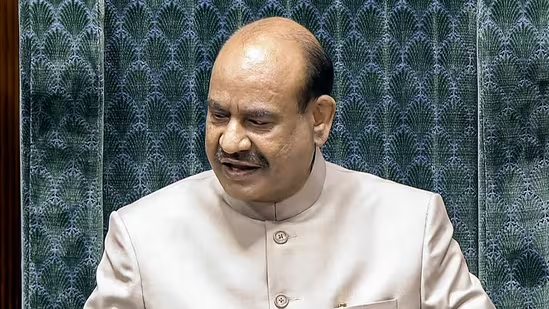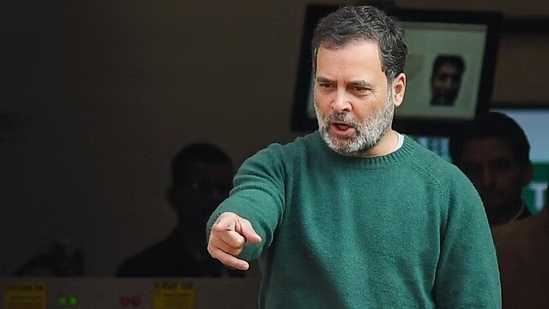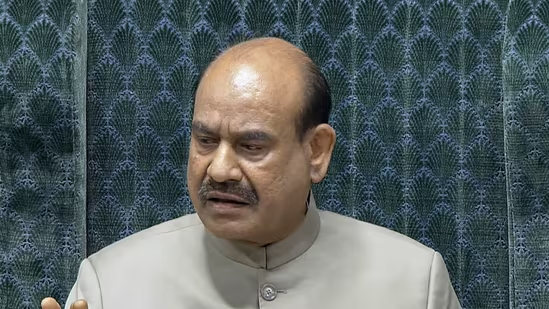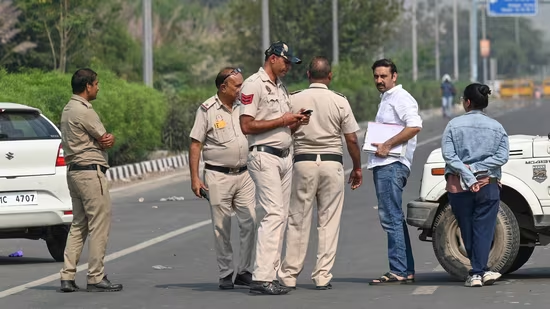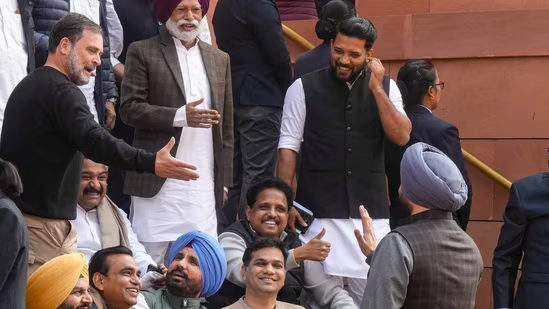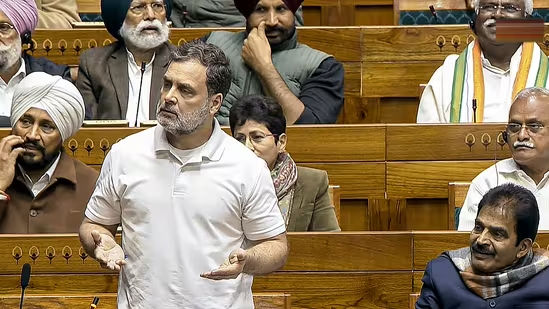David Cameron, a seasoned politician and former Conservative Party leader, served as the UK Prime Minister from 2010 to 2016. A graduate of Eton College and Oxford University, he was tasked with modernizing the Conservative Party and led it to victory in two general elections.
LONDON: In a surprising turn of events, former UK Prime Minister David Cameron has made a political comeback, taking on the role of the new UK Foreign Secretary. This move, orchestrated by current Prime Minister Rishi Sunak, showcases his willingness to take risks in a bid to reinvigorate his political fortunes.
Cameron’s Journey: From UK PM To Foreign Secretary
David Cameron, a seasoned politician and former Conservative Party leader, served as the UK Prime Minister from 2010 to 2016. A graduate of Eton College and Oxford University, he was tasked with modernizing the Conservative Party and led it to victory in two general elections.
Brexit And Cameron’s Resignation
One of Cameron’s defining moments was his decision to hold a referendum on Brexit, despite his personal opposition. The subsequent vote, with 52% opting to leave the EU, led to Cameron’s resignation as Prime Minister. This historic event marked a significant turning point in UK politics.
After the referendum’s results, Cameron resigned as the PM. Announcing his resignation in an emotional speech following the result of a historic referendum, Cameron said that he accepted and respected the will of the people, but said that the country needed a new PM. While assuring people that he will ‘try to steady this ship’, he famously said that it would not be ‘right for me to be the captain who steers the country to its next destination.’
Since then, Cameron has not been active in politics.
Cameron’s Political Hiatus And Return: A Parallel With Gulzarilal Nanda
Since his resignation, Cameron has remained relatively inactive in politics, drawing parallels with Gulzarilal Nanda, the shortest-serving interim prime minister of India. Nanda, known for his brief stints in office, opposed the Emergency and was a key figure in India’s freedom movement.
Gulzarilal Nanda, born in 1898, played a crucial role in unifying the labour force during the freedom movement. Despite his limited time in office, Nanda remained vocal against corruption and contributed to India’s First Five Year Plan. His strong beliefs, especially on banning cow slaughter, reflected his dedication to his principles.
David Cameron’s return to politics echoes Nanda’s temporary resurgences as an interim prime minister. Both figures, though facing different political landscapes, share a commitment to their convictions and a readiness to re-enter the political arena when the need arises.
In a broader context, Cameron’s appointment as Foreign Secretary adds a new dynamic to the UK government, signalling Prime Minister Sunak’s strategic reshaping of his cabinet. The political landscape continues to evolve, and Cameron’s return adds an intriguing chapter to the ongoing narrative of British politics.









